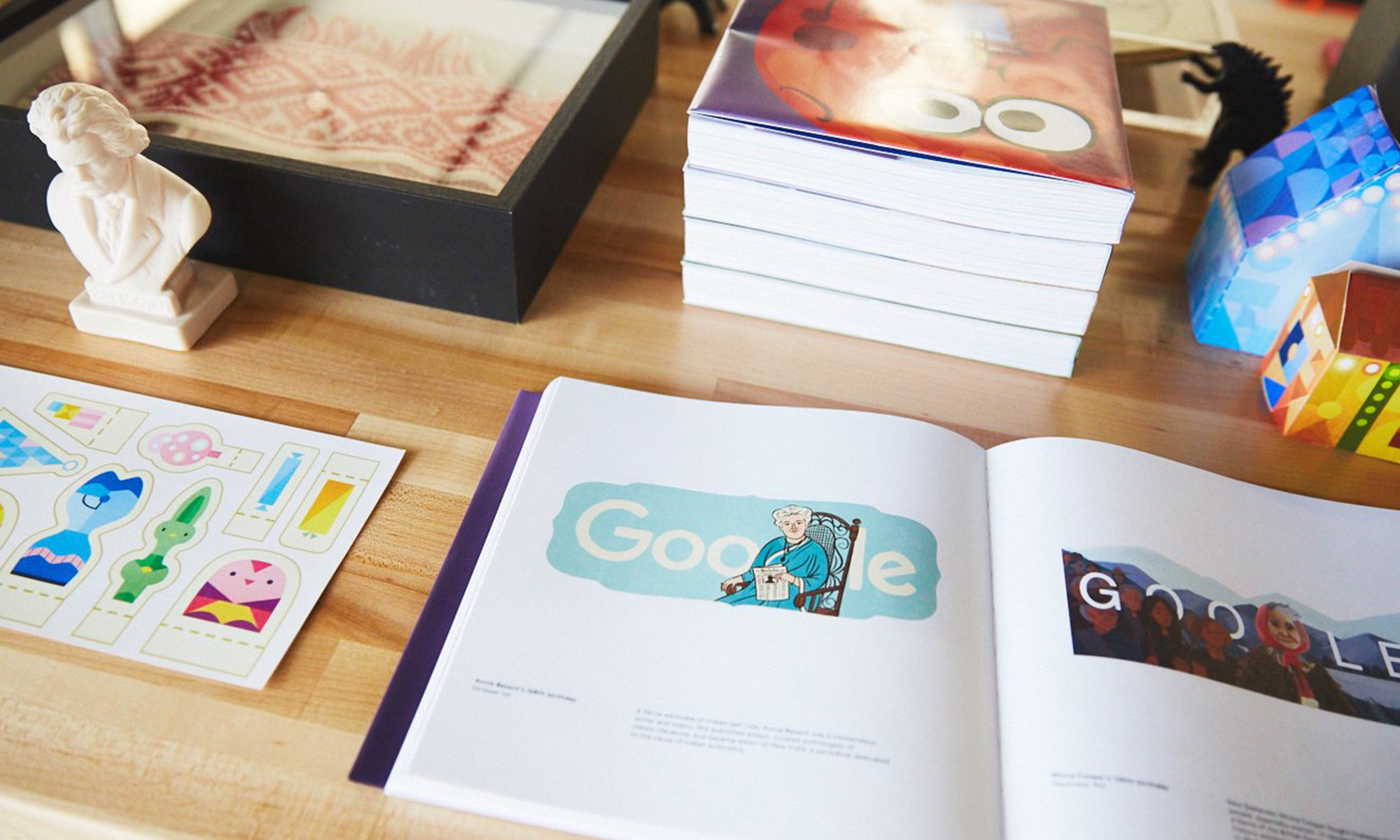Baidu (BIDU +2.76%) has been one of the strongest performing Chinese tech stocks of the year, posting over 30% growth over the past 12 months as industry peers Qihoo 360 (QIHU +0.00%), Sohu.com (SOHU +1.08%), and Sina (SINA +0.00%) all posted double-digit declines.
Source: Ycharts.
That was surprising, since Baidu -- often called the "Google (GOOG +1.60%) (GOOGL +1.47%) of China" -- lost significant market share to rival Qihoo 360 over the past few years.
At the beginning of 2013, Baidu dominated 71.7% of China's page views, while Qihoo only controlled 10.4%, according to CNZZ. By August 2014, Baidu's share had slumped to 56.3%, compared to Qihoo's 29%. Despite that market share decline, Baidu's investments in mobile platforms paid off, boosting top and bottom line growth during the first two quarters of 2014. Last quarter, revenue per online marketing customer soared 50.3% between 2013 and 2014, allaying fears regarding Baidu's market share declines.
But to understand Baidu's long-term vision, investors should look beyond search at Baidu's new hardware projects. Let's take a look at what three of these projects mean for Baidu's future, and what they can teach investors about China.
Food safety and smart chopsticks
Over the past decade, China has dealt with an alarming number of food safety incidents, including contaminated baby formula, fake liquor made from industrial alcohol, tainted and fake meat, and recycled cooking oil.
Despite the Chinese government's ongoing crackdown on offenders, faith in domestic food companies remains unsurprisingly low. According to a recent survey by Beijing-based Horizon Research and Horizonkey, 80% of respondents were upset regarding the ongoing scandals. 63% of respondents with a university level education have purchased imported food, while a third of that group believed that imported products were safer than domestic ones.
That's where Baidu comes in. Kuaisou ("Chopsticks Search") -- its pair of "smart chopsticks" which started as an April Fool's Joke -- could become a hugely popular device among concerned Chinese citizens. Baidu claims that the prototype device, which was officially unveiled at its annual Baidu World developers conference, can detect the quality of water and cooking oil and send the data to a smartphone app.

Translation: "Baidu's Kuaisou: Miracle Tool or Toy?" Source: Huaxin Post.
Baidu hasn't announced an official launch date for Kuaisou, but it could quickly become a must-own device for most families in the world's most populated country, which would tether even more users to its growing mobile ecosystem.
More cyclists in China than people in America
Anyone who has been to a major city in China has seen bicycle lanes packed with cyclists. China's urban bike lane system is one of the most well organized in the world, and for good reason -- there are between 400 million to 500 million bicycle owners in the country. Meanwhile, interest in fitness tracking devices, like FitBit Flex and Jawbone UP, continues to rise. That's why Xiaomi, the "Apple of China", recently launched a fitness band with comparable features for only $13.
To tap into both markets, Baidu is developing a prototype smart bike OS known as DuBike. The prototype bike can reportedly monitor a rider's heart rate and calories burned. Baidu claims that the system will be voice controlled,and will use a combination of sensors, AI software, and Baidu's Internet data to map a rider's progress. It will also include social networking functions (to "gamify" the experience), an anti-theft system, and an onboard battery pack for recharging mobile devices.
Just like the smart chopsticks, Baidu's DuBike could be another clever way to keep users connected to its cloud-based ecosystem.
Tapping into the Internet of Things
Baidu's dream of taking over all aspects of a user's life -- just as Google and Amazon are trying to do in America -- also extends to the "Internet of Things."
Baidu launched its Baidu Inside initiative earlier this year, which lets hardware vendors integrate Baidu's cloud storage, voice search, facial recognition, mapping, and other technologies into their products. So far, those partnerships have produced an air quality monitor which synchronizes to a smartphone app, fitness bands, a smart scale, and a wireless printer. This could fuel the development of additional devices connected to Baidu's ecosystem via the Internet of Things, similar to Google's "smart home" plans with Nest.
The Baidu Inside initiative also relates to Baidu Eye, the company's development-stage smartglasses which resemble a pair of Google Glasses without the optical display. But unlike Google, Baidu plans to market the device to educators and salespeople first, instead of mainstream consumers.

Baidu Eye. Source: Baidu.
The Foolish takeaway
In conclusion, investors should remember that Baidu is much more than the "Google of China." Some of its new products, like Baidu Inside and Baidu Eye, might still resemble Google's projects, but smart chopsticks and bicycles are definitely unique products designed for the Chinese market. Whether or not these projects will ever become major sources of revenue for the company is uncertain, but they are definitely worth keeping an eye on.









